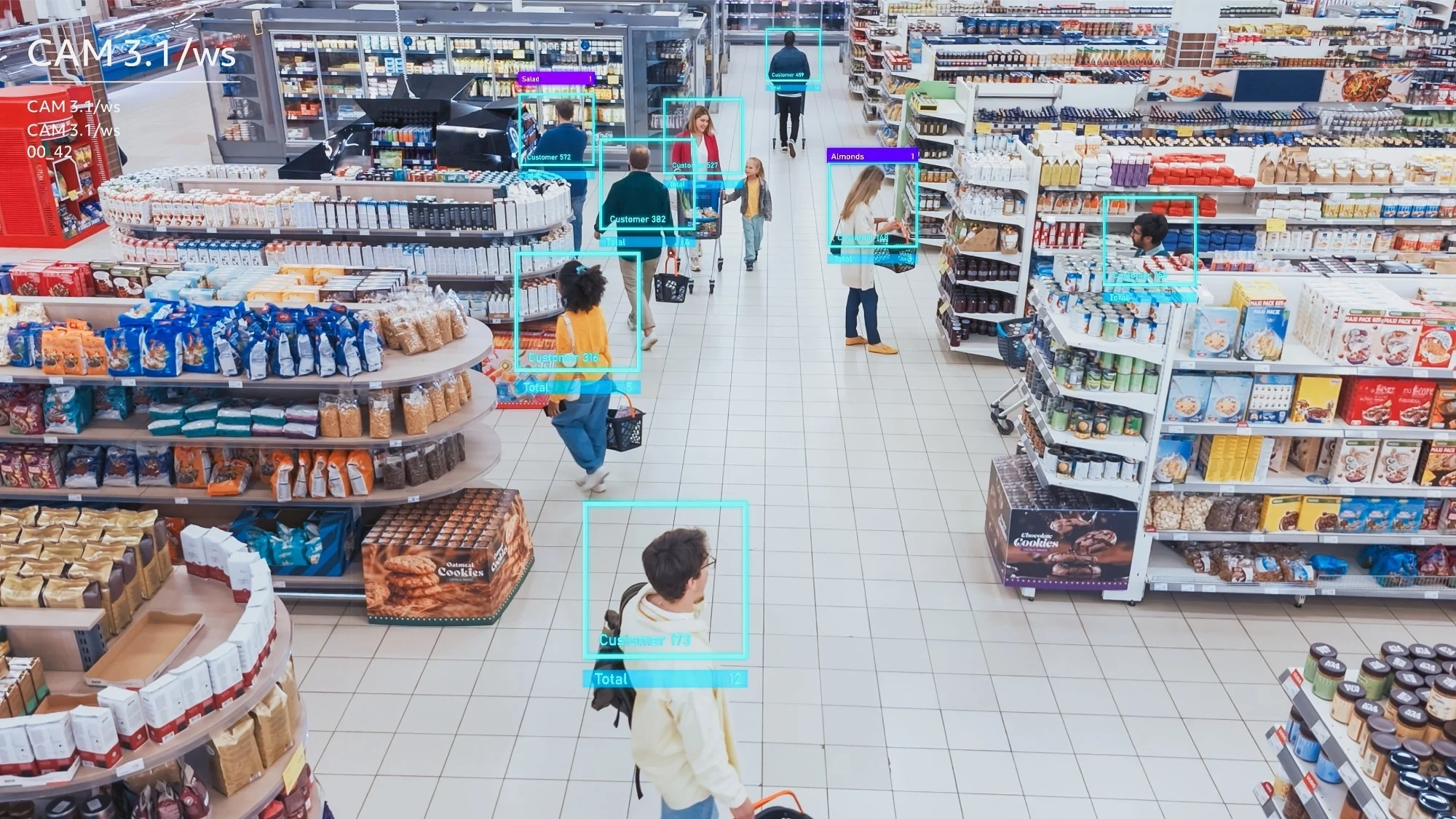Smart grocery shopping has become a crucial part of maintaining a healthy lifestyle and achieving weight loss goals.
Artificial intelligence is transforming the way individuals plan, select, and purchase food, providing personalized guidance that ensures healthier choices and better adherence to dietary goals. AI-powered platforms analyze nutritional needs, preferences, and lifestyle patterns to create optimal grocery strategies.
Personalized Grocery Recommendations
AI-driven grocery apps can suggest food items based on a user’s weight loss goals, dietary restrictions, and nutritional requirements.
These recommendations reduce impulsive buying of unhealthy foods and ensure that meals are balanced and aligned with personal objectives. Users receive curated shopping lists that simplify meal planning and support consistent dietary adherence.
By analyzing past purchases and meal habits, AI can adapt recommendations in real-time, helping individuals avoid foods that may hinder progress and suggesting alternatives that promote better nutrition.
Meal Planning and Recipe Suggestions
AI platforms integrate grocery recommendations with meal planning, providing recipes tailored to caloric needs and preferences.
Users can discover healthy recipes that incorporate items from their shopping list, saving time and effort while ensuring meals support weight management. AI also adjusts portion sizes and nutritional content based on goals and progress.
This seamless integration between grocery shopping and meal preparation enhances consistency, making it easier to follow a structured diet plan.
Behavioral Insights for Smart Shopping
AI doesn’t just recommend foods; it also analyzes shopping habits to identify potential challenges.
For example, it can detect patterns like frequent snack purchases, preference for high-calorie foods, or tendencies to buy processed items. Personalized strategies and reminders help users make mindful choices, reducing the risk of dietary setbacks.
Behavioral insights are particularly useful for individuals seeking long-term changes, as they reinforce awareness and decision-making at the point of purchase.
Integration with Delivery Services
Many AI grocery platforms integrate with online delivery services, streamlining access to healthy foods.
Users can receive curated grocery boxes or automated delivery suggestions aligned with their meal plans. This reduces the temptation of unhealthy options and ensures consistent access to fresh, nutritious ingredients.
The convenience of integration encourages adherence to diet plans, supporting sustained weight loss and healthier eating patterns.
Environmental and Lifestyle Considerations
AI can factor in lifestyle, schedule, and environmental conditions when recommending grocery items.
For instance, it may suggest quick, easy-to-prepare meals for busy individuals or seasonal produce that offers optimal nutrition. By considering these factors, AI makes grocery shopping practical, personalized, and aligned with real-world constraints.
These insights help users maintain consistency in their diet, which is essential for long-term weight management.
Challenges in AI-Enhanced Grocery Shopping
While AI provides significant advantages, challenges exist. Accuracy depends on data quality, including user preferences and nutritional information.
Privacy is a concern, as personal dietary habits and shopping patterns are sensitive data. Users should ensure platforms adhere to security standards and regulations.
Additionally, AI cannot replace personal judgment. Some choices, like cultural preferences or taste, require human discretion alongside AI recommendations.
Future Trends in AI Grocery Assistance
Experts predict AI grocery platforms will evolve with features like real-time inventory tracking, personalized promotions, and advanced predictive analytics.
Future systems may anticipate dietary needs, suggest meal pairings, and optimize grocery budgets. Integration with smart kitchens and IoT devices could further streamline meal preparation and support healthier eating habits.
As AI advances, smart grocery shopping will become an indispensable tool for individuals seeking effective, convenient, and sustainable weight management strategies.
FAQs
How does AI support healthy grocery shopping?
AI provides personalized recommendations, meal planning, and behavioral insights to help users make better food choices aligned with weight loss goals.
Can AI recommend recipes based on groceries?
Yes. AI integrates grocery items with meal planning, offering healthy recipes tailored to caloric and nutritional needs.
Do online delivery integrations improve adherence?
Yes. Curated grocery deliveries reduce the temptation of unhealthy foods and ensure consistent access to nutritious options.
Is AI grocery guidance safe for everyone?
Yes, when combined with personal preferences and professional advice for dietary restrictions or medical conditions.
Can AI replace human judgment in grocery shopping?
AI supports decision-making but cannot fully replace personal preferences, taste, and cultural considerations.
Conclusion
AI-powered grocery shopping is revolutionizing weight management by providing personalized, practical, and data-driven guidance for healthy eating.
By integrating meal planning, behavioral insights, and delivery services, users can make smarter food choices, maintain consistency, and achieve sustainable weight loss. As AI technology continues to advance, smart grocery shopping will become a key component of holistic wellness and long-term health success.

